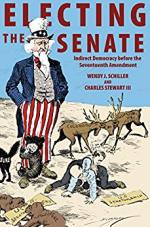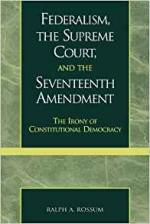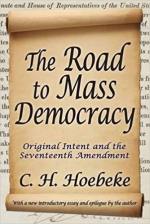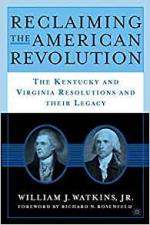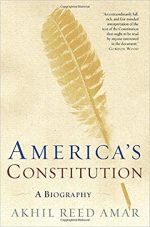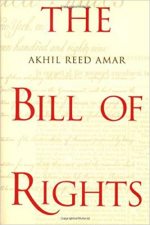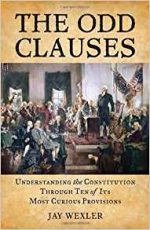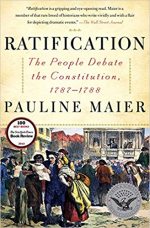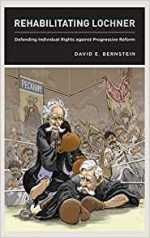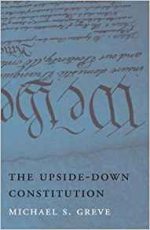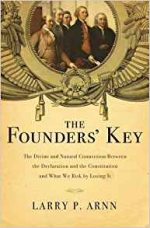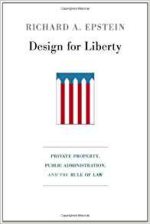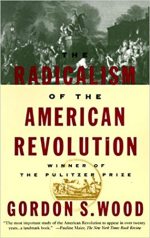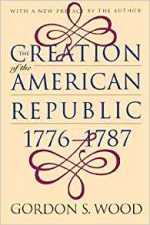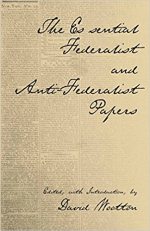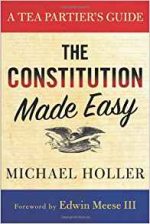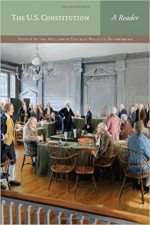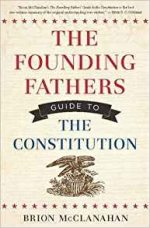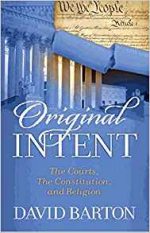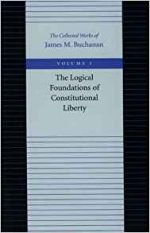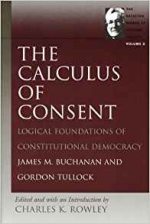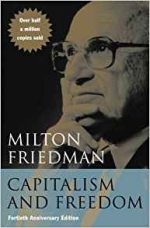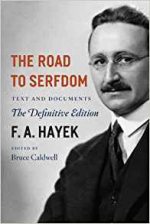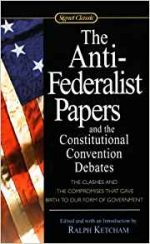The Constitution of the United States: Amendment 17 (17th Amendment)
Amendment XVII. (Senators Elected by Popular Vote)
Passed by Congress May 13, 1912. Ratified April 8, 1913.
Note: Article I, section 3, of the Constitution was modified by the 17th amendment.
The Senate of the United States shall be composed of two Senators from each State, elected by the people thereof, for six years; and each Senator shall have one vote. The electors in each State shall have the qualifications requisite for electors of the most numerous branch of the State legislatures.
When vacancies happen in the representation of any State in the Senate, the executive authority of such State shall issue writs of election to fill such vacancies: Provided, That the legislature of any State may empower the executive thereof to make temporary appointments until the people fill the vacancies by election as the legislature may direct.
This amendment shall not be so construed as to affect the election or term of any Senator chosen before it becomes valid as part of the Constitution.
Todd Zywicki Should We Repeal the Seventeenth Amendment?
More
- The Constitution of the United States: Amendments 11-27, from The National Archives
- Seventeenth Amendment – CRS Annotated Constitution
- Seventeenth Amendment – Wikipedia
- Seventeenth Amendment – Findlaw
- Constitution of the United States of America: Analysis and Interpretation, Govinfo.gov
- Instruction and Recall, by Todd Zywicki, February 16, 2010
- Election Capitol Hill Workshop
- “7 stages of the office seeker“
- Mid-Term Election (CongressionalGlossary.com)
- Senate (CongressionalGlossary.com)
- Senate Chamber (CongressionalGlossary.com)
- Senate Classes
Judge Napolitano: Repeal the “Progressive” 17th Amendment For Better Local Representation
- Senate Floor (CongressionalGlossary.com)
- Senator (CongressionalGlossary.com)
- Senatorial Courtesy (CongressionalGlossary.com)
- “Beginning and End of the Terms of United States Senators Chosen to Fill Senate Vacancies,” CRS Report R41031 (8-page PDF
 )
) - “U.S. Senate Vacancies: Contemporary Developments and Perspectives,” CRS Report R44781 (25-page PDF
 )
) - “U.S. Senate Vacancies: How Are They Filled?” CRS Report IF11907 (5-page PDF
 )
) - “Term Limits for Members of Congress: State Activity,” CRS Report 96-152 (8-page PDF
 )
) - “Congressional Authority to Standardize National Election Procedures,” CRS Report RL30747 (24-page PDF
 )
) - Meta-EE and the Constitution Part 13: Seventeenth Amendment
- Popular Election of Senators – Heritage Guide to the Constitution
- Vacancies in the Senate – Heritage Guide to the Constitution
- To Avoid Debacles Like Roy Moore, Repeal The 17th Amendment
Dialogue: Repeal the 17th Amendment?

A free download of our Pocket Constitution is available on Scribd.
Our Pocket Constitution: details on our web site.
The 17th Amendment Explained: The Constitution for Dummies Series
Electing the Senate: Indirect Democracy before the Seventeenth Amendment
Federalism, the Supreme Court, and the Seventeenth Amendment: The Irony of Constitutional Democracy
The Road to Mass Democracy: Original Intent and the Seventeenth Amendment
Reclaiming the American Revolution: The Kentucky and Virgina Resolutions and their Legacy
America’s Unwritten Constitution: The Precedents and Principles We Live By
America’s Constitution: A Biography
What America Was Really Like In 1776
The Bill of Rights: Creation and Reconstruction
The Odd Clauses: Understanding the Constitution Through Ten of Its Most Curious Provisions
Living Originalism
Ratification: The People Debate the Constitution, 1787-1788
Rehabilitating Lochner: Defending Individual Rights against Progressive Reform
The Upside-Down Constitution
The Founders’ Key: The Divine and Natural Connection Between the Declaration and the Constitution and What We Risk by Losing It
Design for Liberty: Private Property, Public Administration, and the Rule of Law
The Ideological Origins of the American Revolution
The Radicalism of the American Revolution
The Creation of the American Republic, 1776-1787
The Essential Federalist and Anti-Federalist Papers
The Constitution Made Easy: A Tea Partier’s Guide
The U.S. Constitution: A Reader
The Founding Fathers Guide to the Constitution
Original Intent: The Courts, the Constitution, & Religion
Logical Foundations of Constitutional Liberty
The Calculus of Consent
Capitalism and Freedom
The Road to Serfdom
The Anti-Federalist Papers And The Constitutional Convention Debates
For more than 40 years, TheCapitol.Net and its predecessor, Congressional Quarterly Executive Conferences, have been teaching professionals from government, military, business, and NGOs about the dynamics and operations of the legislative and executive branches and how to work with them.
Our custom on-site and online training, publications, and audio courses include congressional operations, legislative and budget process, communication and advocacy, media and public relations, testifying before Congress, research skills, legislative drafting, critical thinking and writing, and more.
TheCapitol.Net is on the GSA Schedule, MAS, for custom on-site and online training. GSA Contract GS02F0192X
TheCapitol.Net is now owned by the Sunwater Institute.
Teaching how Washington and Congress work ™

